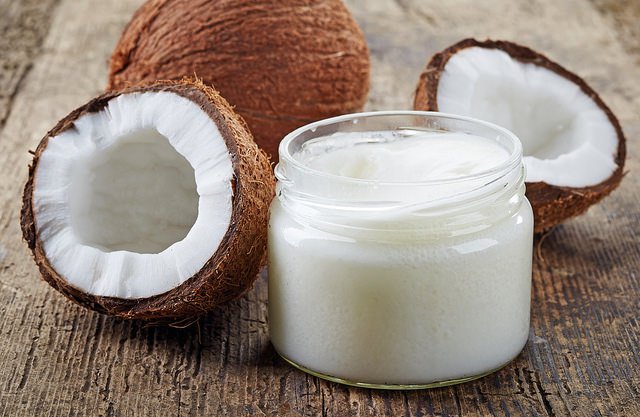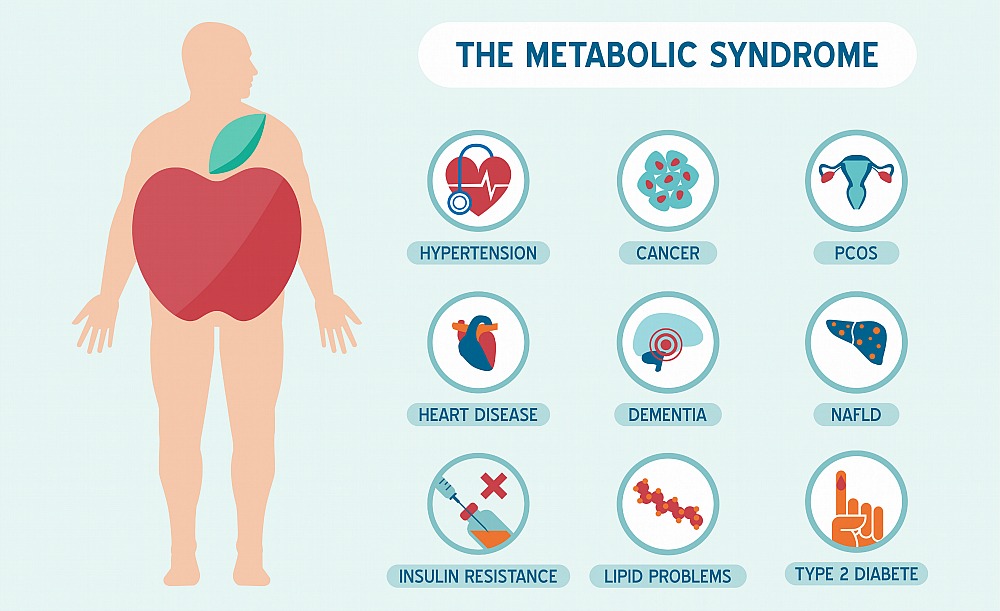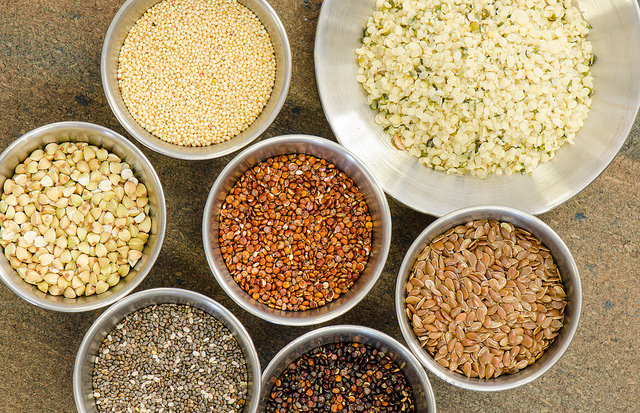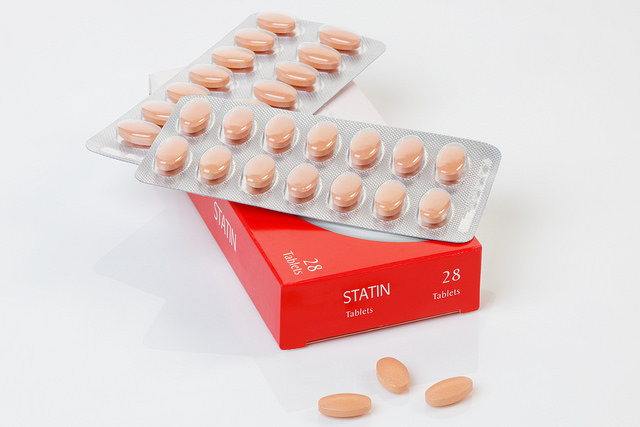Why are fats, including coconut oil, good for your heart even though they are saturated fats?
I got a great question from a reader yesterday that I thought would be useful to share.

The benefits of saturated fat, and fat in general, have been misunderstood until recently. New research from the past 5 years is causing widespread changes in dietary fat recommendations
Oct 25th: QUESTION FROM AMANDA
“Just wanted to thank you for putting your journey online. I am someone who was diagnosed with familial hypercholesterolemia since birth and have managed to stay off the statins. The diet you suggest is one we worked out with an endrochronologist years ago who gave my parents a 6 month chance to lower my numbers naturally befor we turned to meds. Question I have, raw organic coconut oil, I’ve been nervous to introduce it with the years of bad rep I’ve heard of tropical oils. How often do you consume it? Do you cook with it? What other oils (in small dose of course) do you cook with? Sauteeing with water and veggie broth is fine, but it’d be nice to have the alternative at least once in a while.”
DEAR AMANDA,
First of all, it’s been my pleasure learning about heart health and documenting what I’ve found. I am thrilled that I was forced to become much more aware and proactive about my health after my diagnosis. Kudos to you and your parents for managing your diet in order to avoid statins. Your question echoes some of the questions I get asked in social situations all the time. “Laura, how come you are not concerned about eating a ‘low-fat’ diet?” “How can you eat saturated oils like coconut oil and grass fed butter if you are trying to avoid cardiovascular disease?”
Before we get to the answer about coconut oil in particular, I think we have to get everyone up to speed on the latest research surrounding heart health. A key shift in how we approach diet comes from changing the questions we ask ourself. Instead of asking “How can I lower my cholesterol?” We need to ask “How can I increase my heart health?” Surprisingly these are two totally different things.
Cholesterol is not a great indicator of your heart disease risk, and low cholesterol levels are often much more dangerous than high ones. A large epidemiological study published in 2012, which tracked 52,087 Norwegians for ten years, found that their total cholesterol levels did not predict heart attacks–or any other kind of death–and that for women, the higher their cholesterol, the less likely they were to die of heart attack. Indeed, total cholesterol levels up to about 271 mg/dl appeared to be protective against heart disease.
Recent studies have also found no significant association between saturated fat intake and cardiovascular risk.
More and more doctors are saying that carbs are more damaging to the arteries than fats like butter or cream, and encouragingly Sweden has just become the first western nation to develop national dietary guidelines that reject the low-fat myth, in favour of low-carb high-fat nutrition advice. The switch in dietary advice followed the publication of a two-year study by the independent Swedish Council on Health Technology Assessment. The committee reviewed 16,000 studies published through May 31, 2013.
“Around the world, the tide is turning, and science is overturning anti-fat dogma.” Dr. Malcolm Kendrick, author of the Great Cholesterol Con
Whew! Personally when I first came across this line of thinking above, I was shocked, confused, and overwhelmed by the staggering amount of conflicting advice surrounding low-fat vs. high-fat diets on the internet. There is, and will continue to be, a lot of bad advice out there still advocating the outdated low-fat approaches to heart health. We are in the middle of a sea change right now with regards to our understanding of what actually causes heart disease. It will take a while for the whole industry to right itself and align with the latest research, but the ship is slowly turning around.
So I completely understand the fear about using coconut oil. I used to avoid it myself. Unfortunately, it got an undeservedly bad reputation across the board from the media, when in fact they should have clarified that they were talking about the dangers of the the hydrogentated form of this oil. This kind of coconut oil (and any hydrogenated oil) is what is known as a “trans fat” and these fats should indeed be avoided. But as for your raw, organic coconut oils, these are wonderful for your health. I have written a post exploring the good kinds of fat including raw coconut oil, and this explains all the oils that we know are great for your heart, which oils to cook with, which are best used cold in salad dressings etc. and ideas on how to use these oils in general.
I eat raw organic coconut oil every day, along with avocados, nuts, and extra virgin olive oil. I add it to my morning porridge and use it to sauté with. I do not avoid these kinds of fats. If you make sure that you add these wonderful oils to a vegetable rich diet, and are mindful that the wrong kinds of carbohydrates increase heart disease risk then you are well on your way to a healthy heart. Personally I eat almost no refined sugar and I avoid wheat and other high GI foods with the odd exception being when I eat with friends, or attend a party, etc. You don’t have to do it 100% of the time, but if you make it “the rule”, then having a few exceptions can be fun!
The right fats are essential for a healthy heart as well as for proper nutrient absorption from our diet. It turns out that instead of avoiding saturated fat, as we all were told to do previously, it’s actually necessary and useful to purposely add some of it to our diets to help us lose weight, keep our hearts healthy and avoid heart disease.
I hope this is helpful. Saturated fat of the right kind (like raw organic coconut oil) is very healthy and is nothing to fear.










Leave A Comment